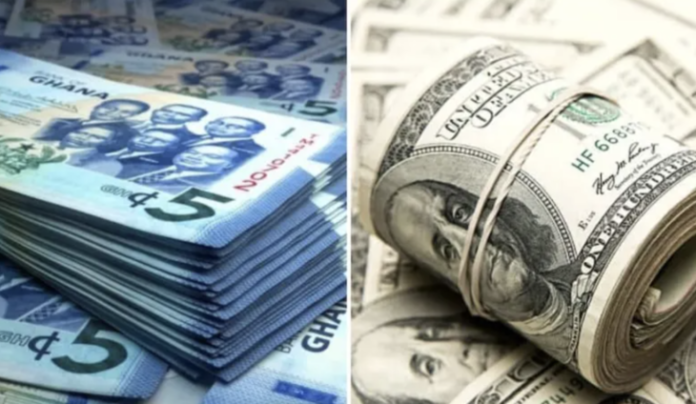The stabilisation of the Ghana cedi against the major foreign currencies is expected to continue this week, following a slowdown in foreign exchange demand.
The local unit recovered some of its losses against the dollar, pound, and euro last week.
It gained 1.01% against the US dollar, narrowing its year-to-date loss to 18.01%. Again, the cedi retrieved 2.36% week-on-week and 3.12% week-on-week of its losses against the pound and the euro, respectively.
Gradually, the cedi is finding its footing against the major trading currencies after weeks of rough patches.
The measures by the Bank of Ghana have been helping to keep the local unit afloat.
After ironing out pertinent issues, Ghana and its official creditors concluded discussions on the $5.4 billion debt restructuring.
The country is in the final stages of signing a memorandum of understanding with the creditors. This agreement will enable it to obtain approval from the International Monetary Fund (IMF) on the second review, leading to the disbursement of $360 million under the $3.0-billion-dollar Extended Credit Facility (ECF), later this month.
Analysts believe this inflow, coupled with funds from other multilateral partners, will bolster foreign exchange liquidity and help stabilise the cedi.
Cedi still ranked 4th worst performing currency in Africa
Meanwhile, the cedi is still ranked among the worst currencies in Africa in 2024, according to Bloomberg.
It pointed out that the cedi has depreciated by about 20.0% since the beginning of this year.
Samantha Singh-Jami, an African strategist at Rand Merchant Bank, attributed the cedi’s decline to robust dollar demand from oil importers, the pharmaceutical sector, and FMCG companies.
“Despite recent efforts to bolster foreign exchange reserves, liquidity constraints in the market persist,” she noted.
Presently, one dollar is going for about GH¢14.92 at the forex bureaus.
READ ALSO:

